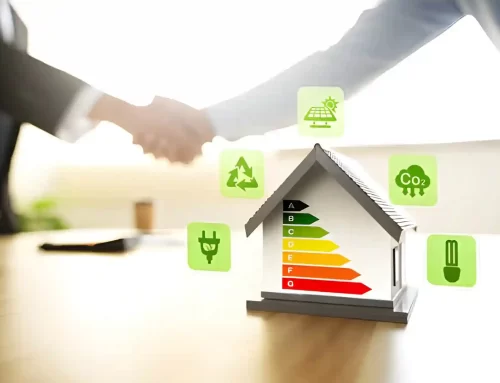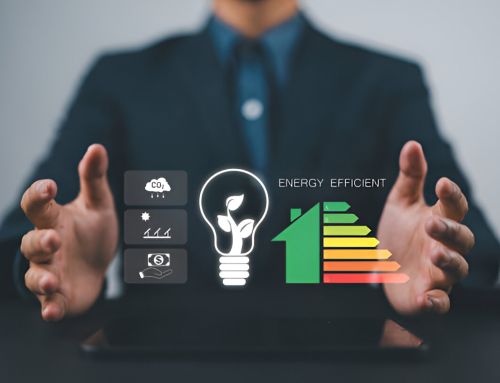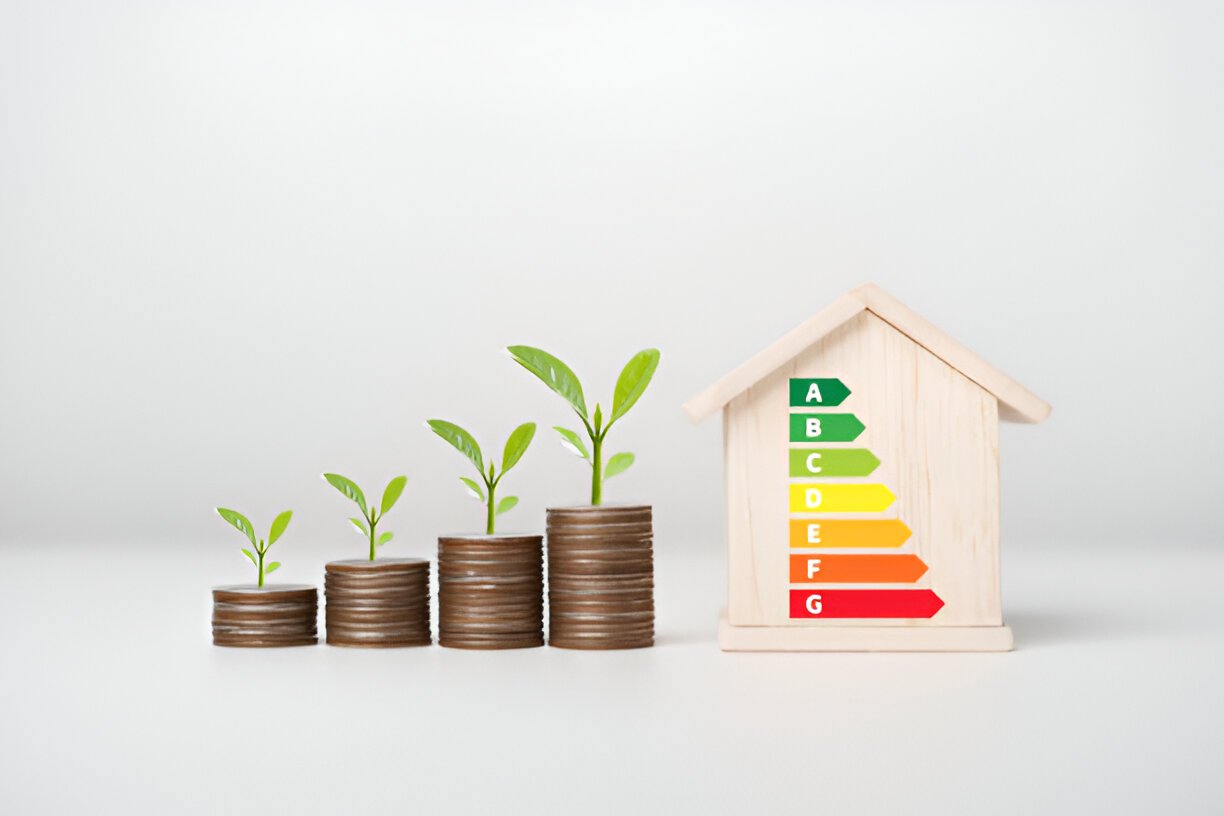
You’ve likely encountered the term Energy Performance Certificate or EPC when considering a property purchase or rental, but have you fully grasped its significance? What Is the Purpose of the EPC? It doesn’t just rate a property’s energy efficiency from A to G; it profoundly influences your decision-making process by revealing how energy-efficient your prospective home could be. This certificate might appear as another document in the complex buying or leasing process, but its implications on your financial and environmental commitments are substantial. Knowing a property’s energy footprint might sway your next big decision. What factors would you consider most critical in interpreting this information?
Understanding Energy Performance Certificates
Energy Performance Certificates (EPCs) serve as a measure of how energy efficient a building is, rating from A (most efficient) to G (least efficient).
You must navigate the certification process, which begins with a thorough property assessment conducted by a qualified assessor. These assessments focus on various compliance standards that align with current EPC regulations. Such standards are crucial for maintaining market trends and enhancing homeowner awareness.
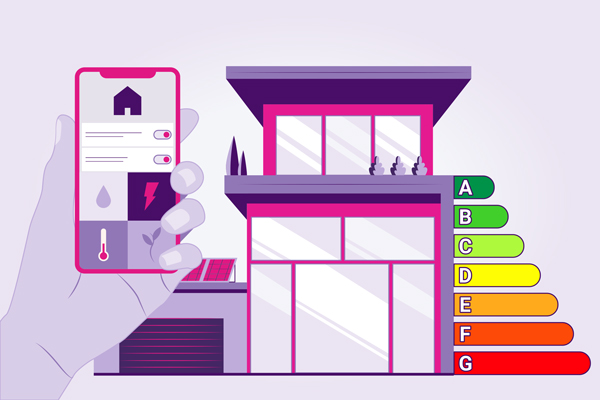
Understanding the specifics of energy ratings—how they’re calculated and what they imply—is critical. These ratings influence your property’s marketability and compliance with environmental goals.
Regular energy audits are recommended to ensure your property remains at peak efficiency, adhering to evolving regulations and contributing to a more sustainable future.
Benefits of Having an EPC
Having an EPC often enhances your property’s appeal to prospective buyers or tenants by showcasing its energy efficiency.
The EPC advantages extend beyond mere appeal; they translate into tangible cost savings. You’ll find that properties with better energy efficiency ratings typically incur lower utility costs, a direct benefit to occupants concerned with energy expenditure. These savings make your property more attractive from a financial standpoint, increasing its market competitiveness.
Moreover, an EPC provides a detailed breakdown of energy usage and potential improvements. This information is crucial for making informed decisions about upgrades and investments that can further enhance energy efficiency.
Thus, possessing an EPC equips you with the knowledge to optimize your property’s energy performance, ensuring ongoing benefits and cost-effectiveness.
How EPCs Influence Real Estate Transactions
In the realm of real estate transactions, Energy Performance Certificates (EPCs) play a pivotal role by significantly influencing both buyer and seller decisions.
Adhering to EPC regulations, you’ll find that the certificates provide a detailed assessment of the property’s energy efficiency, which can directly impact its market value.
Buyers often use EPC ratings to gauge potential energy costs, turning higher efficiency scores into a compelling selling point. Conversely, properties with poor EPC ratings might see a decrease in market appeal, prompting sellers to invest in energy-efficient upgrades to boost attractiveness and value.
As a stakeholder, understanding the nuances of how EPCs affect property transactions empowers you to make informed decisions, whether you’re buying, selling, or evaluating real estate investments.
Recommendations for Energy Efficiency
Assessing your home’s energy use is the first step toward improving its efficiency and reducing energy costs. Focus on implementing energy conservation strategies tailored to your specific needs.
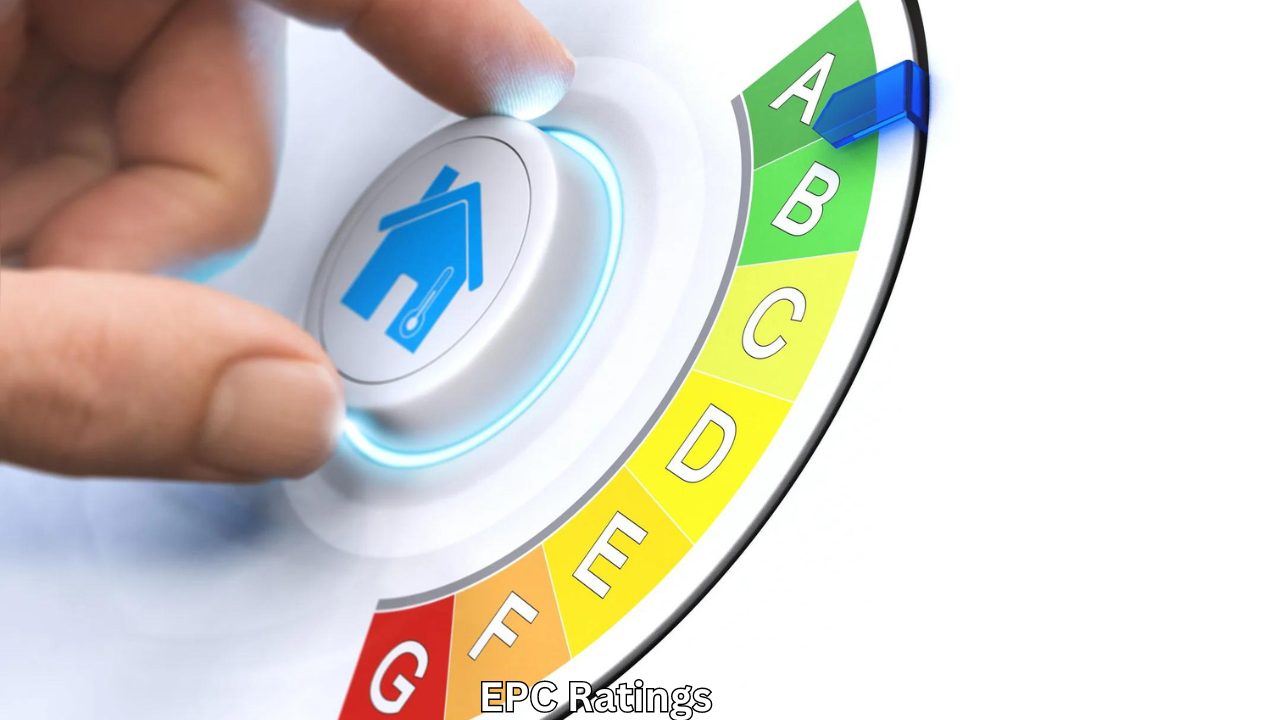
Consider residential upgrades such as enhancing insulation, upgrading to energy-efficient windows, and installing advanced heating, ventilation, and air conditioning systems. These improvements not only decrease energy consumption but also enhance the overall comfort and value of your home.
Delve into the potential of smart home technologies that optimize energy use through automated systems and real-time data monitoring.
Incorporate renewable energy sources, like solar panels, to significantly reduce reliance on non-renewable resources. Each step you take contributes to a more sustainable energy profile, ensuring that your home isn’t only more efficient but also aligned with modern energy standards.
EPCs and Environmental Impact
As you explore energy-saving strategies for your home, it’s vital to understand the role of Energy Performance Certificates (EPCs) and their impact on the environment. EPCs, mandated by EPC regulations, offer a detailed energy assessment, crucial for identifying how environmentally friendly a building is. This assessment drives improvements, reducing carbon footprints significantly.
| Factor | Impact |
|---|---|
| Energy Use | Lower energy consumption reduces greenhouse gas emissions. |
| Renewable Solutions | Encourages the integration of sustainable technologies. |
| Regulatory Compliance | Ensures buildings meet or exceed environmental standards. |
Conclusion
In conclusion, your Energy Performance Certificate (EPC) is essential for understanding a property’s energy efficiency. It not only guides you in making informed real estate decisions but also identifies ways to enhance energy conservation. By adhering to EPC recommendations, you’re not just cutting down on energy costs; you’re also contributing to environmental sustainability. Embrace your EPC as a tool for bettering your property’s energy performance and reducing its carbon footprint.
About the Author: LandlordCertificate
Related Posts
Get Social
Recent Posts
- Asbestos Management Survey London: Update Your Property Records
- Gas Safety Certificate London: Why Regular Checks Save Money Long-Term
- FRA London Explained: How a Professional Fire Risk Assessment Keeps You Compliant and Safe
- When a New Tenancy Requires Your EICR Certificate London Renewal
- Fire Safety Certificate London: Integrating Fire Alarms and Emergency Lighting


